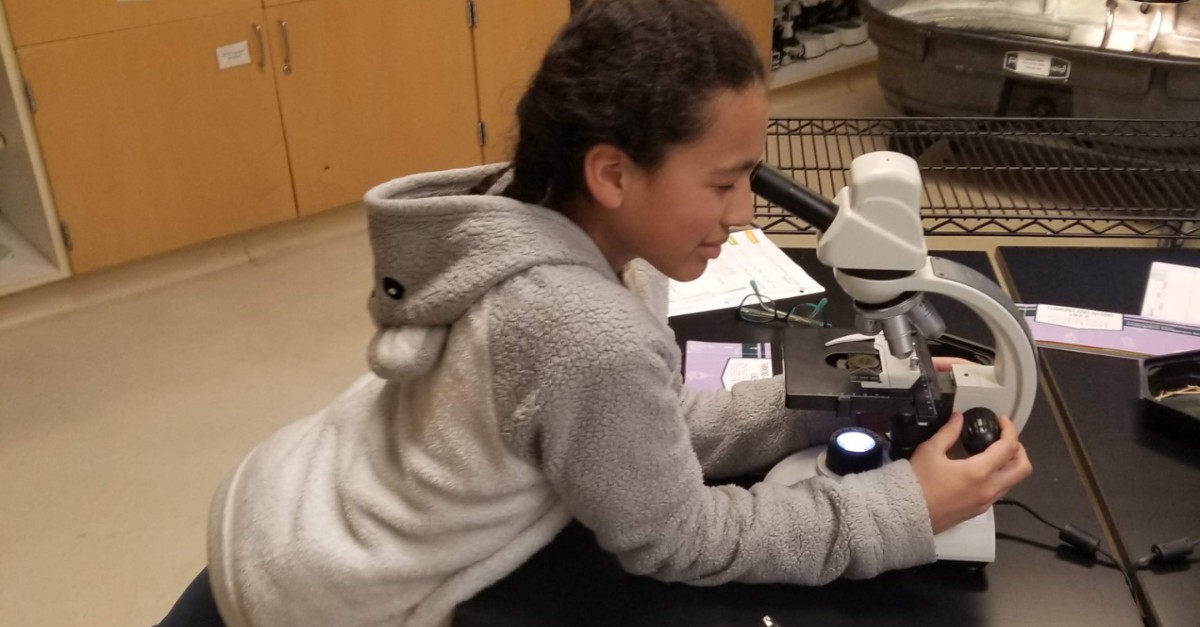Like most educators, I try to stay up to date on the latest teaching tools and strategies. The landscape of education is always changing and it’s important for us to be prepared for anything. Still, there are times when the situation doesn’t call for an elaborate solution. Simple strategies, when correctly implemented, can be just as effective as complex ones. If I’m being honest, I think many of us could use some simple strategies right now.
Though the pandemic has largely receded, many schools are still dealing with the aftermath of COVID on the landscape of education. Teachers and students are still trying to adapt and fill the learning gaps left behind by 2020. As such, it helps to remember that small, simple experiences can go a long way in refreshing students and injecting a bit of normalcy back into the curriculum. Here are just a few easy methods for exercising your students’ curiosity, creativity, and critical thinking!
Back to Basics
- Free Reading: The best way for students to learn about language is by reading it! Allow students to bring in a book of their choice or select one from the school library. Then, simply give them time to read. Not only will this introduce them to new vocabulary, spelling, and grammar, but it can also help them process any stress they may be feeling. And yes, comics absolutely count as books!
- Unstructured Play: We’ve written before how unstructured play is essential to student growth. Through movement and playtime, children learn about the world around them while also discovering a lot about who they are as individuals. Playtime also gives children a chance to exercise their interpersonal and collaboration skills. While this may prove difficult with virtual learning, smaller breakout groups can serve the same purpose.
- Community Games: Developing relationships, creating rapport and trust, and valuing the contributions of each student is key to laying a solid foundation for the social, emotional, and academic gains of each child. Why not take a moment to exercise these values? Teach your students about the power of cooperation through games like The Baboon’s Dilemma or engineer trust by having them build a spaghetti skyscraper. It’ll be an experience that’s memorable, meaningful, and fun.
- Nature Reflection: There’s still time to enjoy the outdoors before winter sets in. Take advantage of nature and let your kids observe the wilds. Have them carry reflection journals so they can write down all their questions and wonderings. What do they see? What are they hearing? Use these questions as springboards into larger questions about science and how the world works.
Let’s Get Started
The new school year has only just begun and it’s important that we all pace ourselves. We don’t want to burn out before Christmas! Rather than constantly trying to innovate, give yourself some grace and invest in simple experiences. Your students don’t need a complex array of screens and circuits to learn. Just introduce them to the lesson through a fun, easy activity and let their natural curiosity do the rest!

